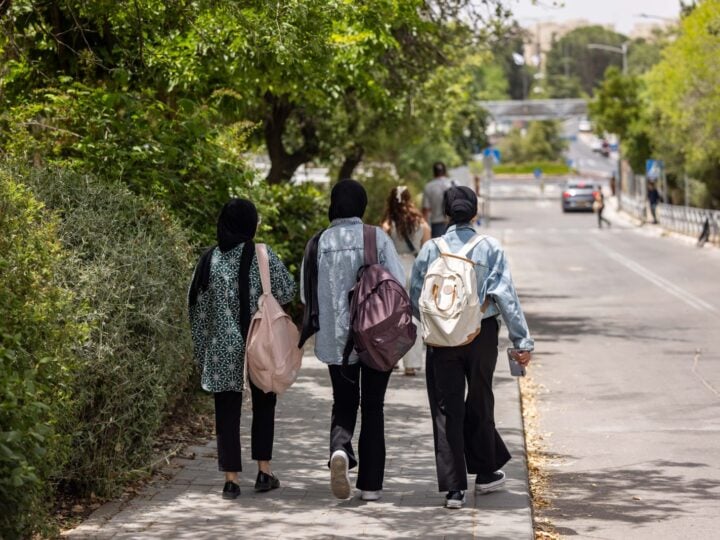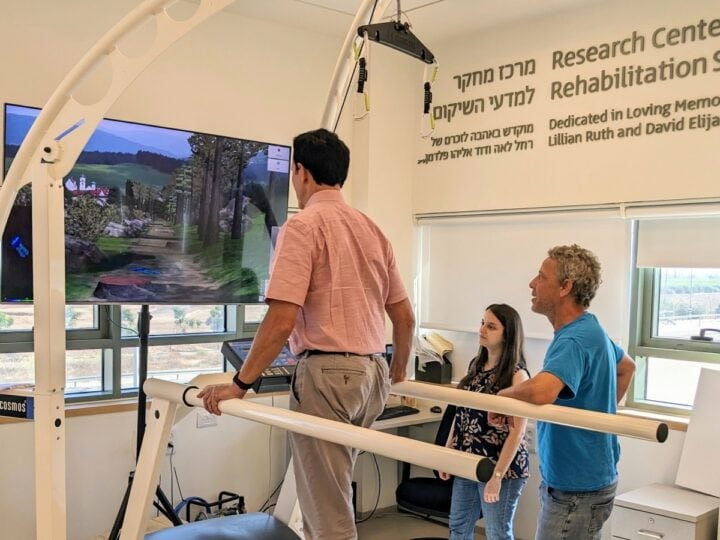When we perceive cold temperatures – in reality or just from looking at a photo — we practice greater cognitive control, the process that allows us deliberately to inhibit our responses to specific situations in order to maximize our long-term best interests.
That is the surprising conclusion of an Israeli study, “Keep it Cool: Temperature Priming Effect on Cognitive Control Research,” published in Psychological Research last month.
“Metaphorical phrases like ‘coldly calculating,’ ‘heated response’ and ‘cool-headed’ actually have some scientific validity which we demonstrate in our study,” said lead researcher Idit Shalev of the department of education at Ben-Gurion University (BGU) of the Negev in Beersheva.
“Previous research has focused on the actual effect of temperature on the psychological phenomenon known as ‘cognitive control,’ but this is the first time we were able to measure the effects of perceived temperature,” said Shalev.
Along with BGU psychology Prof. Nachshon Meiran and graduate student Eliran Halali, now a faculty member at Bar-Ilan University’s department of psychology, Shalev oversaw two experiments.
In the first, 87 students performed an “anti-saccade task,” a cognitive control measurement that requires looking in the opposite direction of a moving object. In the second experiment, 28 female students performed the same anti-saccade task against a background image of winter scenery or a temperature-neutral concrete street or a sunny landscape.
“The results indicated that those viewing the cold landscape did better and that even without a physical trigger, cognitive control can be activated through conceptual processes alone,” says Shalev.
“While warmth signaling promotes a relaxed attitude, cool signals alertness and possible need for greater cognitive control,” the study concludes.
Fighting for Israel's truth
We cover what makes life in Israel so special — it's people. A non-profit organization, ISRAEL21c's team of journalists are committed to telling stories that humanize Israelis and show their positive impact on our world. You can bring these stories to life by making a donation of $6/month.









